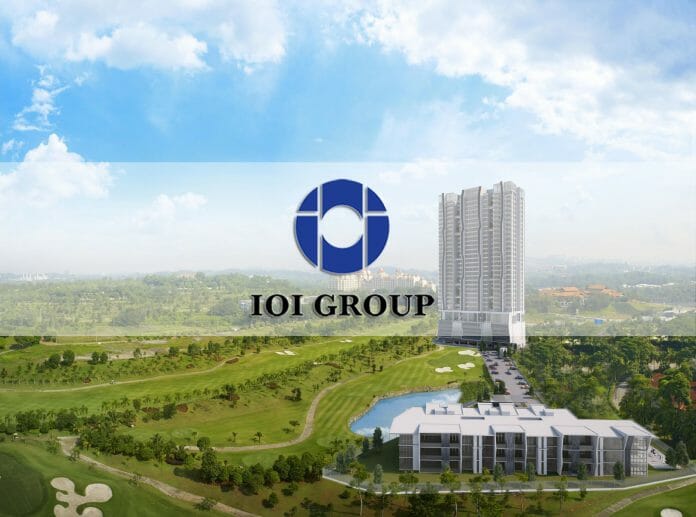IOI, via a 45:55 JV with Nextgreen Global Berhad or NGGB (Not Rated), is going into the production of wood-free pulp and paper using empty fruit bunches (EFB).
The JV will invest in a RM600m plant scheduled to be completed in 2026. The impact on IOI’s earnings is small but raises its ESG credentials.
Kenanga Investment Bank (Kenanga), in its Company Update today (Apr 9), maintains their forecasts with a TP of RM3.80 and MARKET PERFORM call.
IOI, via a 45:55 JV with NGGB, will invest RM600m in a 100,000 MT plant to produce wood-free, EFB-based pulp and paper using the “Pre conditioning Refiner Chemical-Recycle Bleached Mechanical Pulp” technology. Located in a 410-acre green technology park integrating renewable energy and zero-waste technology in Pekan developed by NGGB itself, IOI will likely be one of the main suppliers of EFB to the plant as it owns 18,798 ha of estates in Pahang.
NGGB already operates a similar albeit much smaller plant. It started in 2003 when NGGB initiated joint research with a Chinese partner to convert EFB into pulp and paper.
The “Pre-conditioning Refiner Chemical-Recycle Bleached Mechanical Pulp” technology was then patented in 2008. In Jun 2022, the production of the “NeuWhite” pulp and paper commenced at a new 10,000 MT per annum plant.
From a half-year revenue of RM8m in FY22, its top line grew to about RM25m in FY23 and Kenanga believes it was profitable. NGGB also started the trials for “Pure Palm Mold,” a bio-degradable food packaging for Crown Package Co. Ltd of Japan.
With IOI’s backing, global network and funding, the JV should find it easier to scale up.
The near-term financial impact on IOI will largely be its 45% share to fund the RM600m project under the JV. Assuming IOI borrows even RM270m, essentially to borrow 100% of its equity share to invest in the JV, the after-tax impact will still be negligible (about 1%).
Further ahead, the project should start contributing from around FY26-27 but once the cost of financing is imputed, the net contribution is also likely to stay immaterial for another 5-8 years, possibly longer. Strategically though, IOI is investing in an ESG positive project which needs some industrial and financial backing to scale up as the technology has already been tested and commercialised by NGGB.
Kenanga maintain their MARKET PERFORM call (a particular stock’s Expected Total Return is WITHIN the range of -5% to 10%) and TP of RM3.80 which is based on 2.0x PBV, in-line with the average PBV for larger integrated planters, plus a 5% premium to reflect a 4-star ESG rating as appraised by them.
Kenanga continues to like IOI for its efforts in the following: (i) improving planting materials, (ii) increasing digitalisation, (iii) building infrastructures for greater mechanisation as well as (iv) converting oil palm trunks into net zero palm-based wood products.
Risks to Kenanga’s recommendation include: (i) weather impact on edible oil supply, (ii) unfavourable commodity prices fluctuations, and (iii) production cost inflation.









